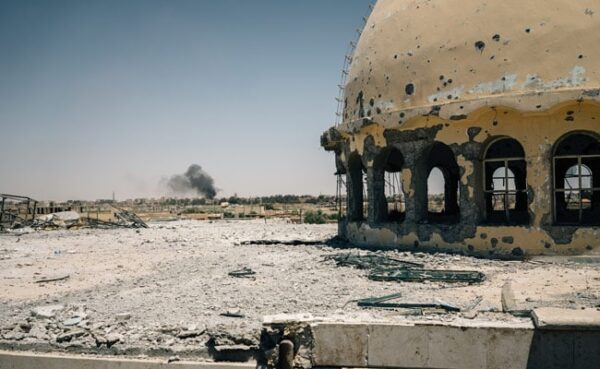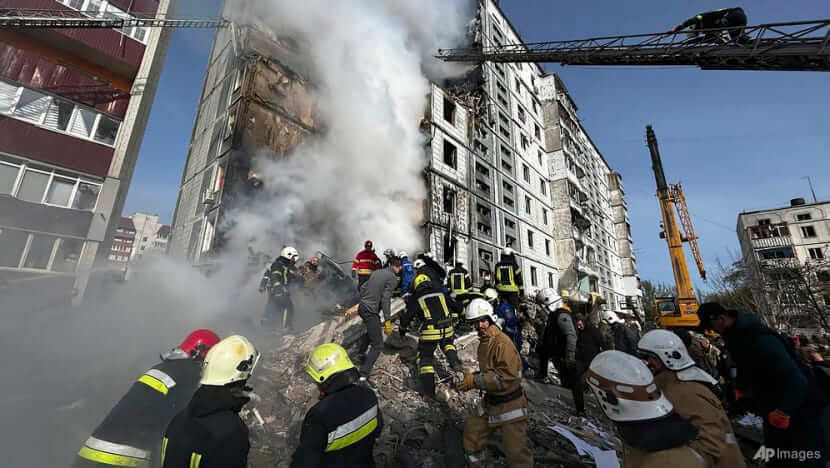Afghan intelligencers and rights activists have condemned “ religious guidelines” issued by the Taliban that circumscribe the part of women in TV, as the Islamists move to nib the media.
The Ministry for the Promotion of Virtue and Prevention of Vice on Sunday called on broadcasters to stop showing dramatizations and cleaner operas featuring womanish actors.
Womanish intelligencers in Afghanistan are at increased threat of violence and revolutionist attacks as conflict between the government and Taliban worsens.
‘For as long as we can’ reporting as an Afghan woman as the Taliban advance
Read further
It also told broadcasters not to screen flicks or programmes that are “ against Islamic or Afghan values” and asked womanish TV intelligencers to wear a hijab at work.
Zan Television, the first Afghan channel staffed simply by womanish directors and journalists, twittered that the guidelines hovered media freedom and would reduce the presence of womanish intelligencers.
The Taliban’s interpretation of the hijab – which can range from a hair covering to a face robe or full body covering – is unclear, and the maturity of Afghan women formerly wear headscarves.
The attempt to regulate the media comes three months after the Taliban swept back into power.
Hujatullah Mujadidi, a launching member of the Federation of Afghan Intelligencers, said if applied the guidelines would force “ some media outlets, especially TV, to stop working”.
Numerous shows rolled out to fill Television schedules, specially cleaner operas produced in India and Turkey, will be unhappy under the guidelines, making it delicate for channels to induce enough affair and retain cult.
A ministry spokesperson said after the advertisement that the measures amounted to “ religious guidelines” rather than rules.
But Qari Abdul Sattar Saeed, a media prophet for the Taliban high minister, days before indicted the Afghan media of conveying propaganda for the “ adversary” and said they should be treated roughly.
Aslia Ahmadzai, a intelligencer in exile, said womanish intelligencers “ will feel threatened” by the measures.
Another expatriated Afghan intelligencer, who wanted to remain anonymous, described the guidelines as “ the first step to banning the Television altogether, just like in the 90s”.
During the Taliban’s 1996-2001 stint in power, there was no Afghan media to speak of – the Islamists banned TV, flicks and utmost other forms of entertainment, thinking them immoral.
Despite averring they would rule more relatively this time around, the Taliban have introduced rules on what women must wear at university.
Taliban members have also beaten and wearied several Afghan intelligencers covering demurrers despite promising to uphold press freedoms.
Human Rights Watch condemned the guidelines. “ The new media regulations and pitfalls against intelligencers reflect broader sweats to silence all review of Taliban rule,” said Patricia Gossman, an associate Asia director at the organisation.
Numerous intelligencers were living in fear because of pitfalls, the rights group said. It contended “ Taliban officers … have needed intelligencers to submit all reports for blessing before publication”.



